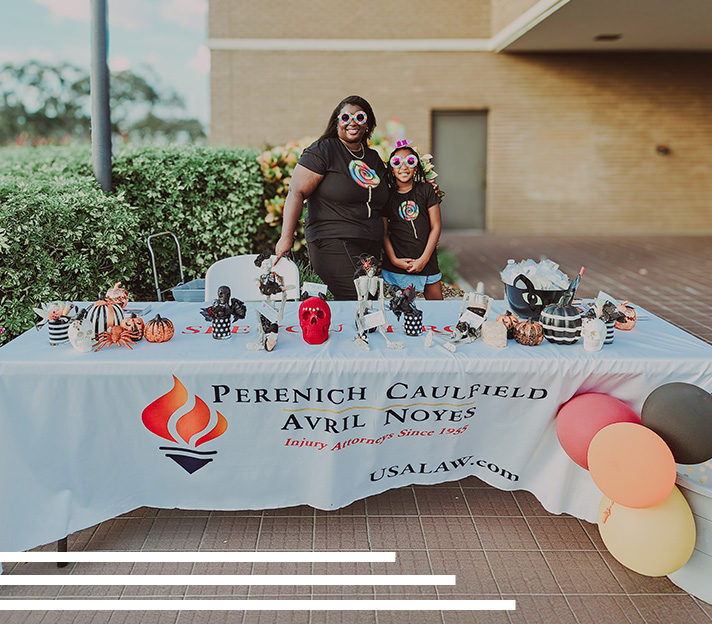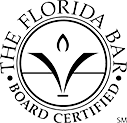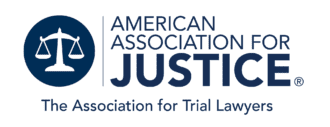What Does Appeal Mean?
The formal definition of appeal is an application to a higher court to reverse the decision of a lower court. You appeal when you are dissatisfied with the result of a trial to which you were a party, and you ask a higher court to reconsider the result. In a Florida personal injury case, a Florida District Court of Appeal will probably hear your case.
How to Appeal a Clearwater Trial Court Verdict
An appeal of a personal injury verdict in Clearwater, FL, involves the following steps:
- File a Notice of Appeal: You generally have 30 days to file a Notice of Appeal with the trial court. This formally begins the appeals process.
- Briefing: Both sides submit written briefs to the appeals court detailing their legal arguments.
- Oral Arguments: Florida courts may or may not allow oral arguments.
- Appellate Decision: The appeals court reviews the record, briefs, and arguments. It then issues a written opinion outlining its decision.
If you remain dissatisfied with the result, you can ask the Florida Supreme Court to hear your case, but this is unlikely to be successful.
Grounds for Appeal
The most common grounds for the appeal of a Florida personal injury verdict include:
- Errors of Law: The trial court committed an error of law if it incorrectly applied Florida statutes to your case, improperly excluded or admitted evidence, or misinterpreted existing legal precedent, for example.
- Insufficient Evidence: You might win an appeal if the evidence at trial was legally insufficient to support the jury verdict.
- Procedural Errors: You can win your appeal if procedural errors are so serious that they affect the outcome of the case.
- Judicial Misconduct: You might win an appeal if the judge was corrupt.
There are many other possible grounds for an appeal.
Possible Outcomes of Filing a Notice of Appeal
The court can respond in four different ways to your Notice of Appeal:
- Dismissal: The court refuses to examine your case, thereby ignoring your appeal request.
- Affirmation: The appellate court upholds the trial court’s decision. In other words, you lose.
- Reversal: If the appellate court finds compelling errors, it may reverse the original decision, which could result in a new trial, dismissal of the case, or another remedy.
- Remand: The case may be remanded to the lower court with instructions for additional proceedings or clarification. A court remands a case when it sends it “back downstairs”–back to a lower court for reconsideration based on new instructions.
Carefully prepare your Notice of Appeal to maximize your chances of a favorable result.
Interlocutory Appeals
An interlocutory appeal is the appeal of a trial court ruling that is not itself a final judgment. Florida only allows such appeals under limited circumstances. An example of a permissible interlocutory appeal would be the denial of a petition to change venue (change the location of a trial).
How an Appeals Hearing Differs From a Trial
Appeals hearings differ from trials in several important ways. Following are some examples.
Evidence
An appeals court does not hear new evidence, and it does not allow witness testimony. Typically, it’s only evidence is documentary evidence of the trial.
Burden of Proof
In a trial, the burden is on the plaintiff (typically an accident victim) to prove their case. In an appeal, the burden of proof falls upon whichever party filed the appeal.
Oral Arguments
Sometimes, appeals courts allow oral arguments from attorneys, and sometimes they don’t. Trial courts always allow them.
The Standard of Review
The “standard of review” in a Florida personal injury verdict appeal means the level of scrutiny that the appellate court applies when reviewing the trial court’s decisions. It varies depending on the issue–was it a question of fact, a question of law, a mixed question, or a procedural issue? Below is a breakdown of the circumstances in which the most common standards, “de novo” and “abuse of discretion” apply.
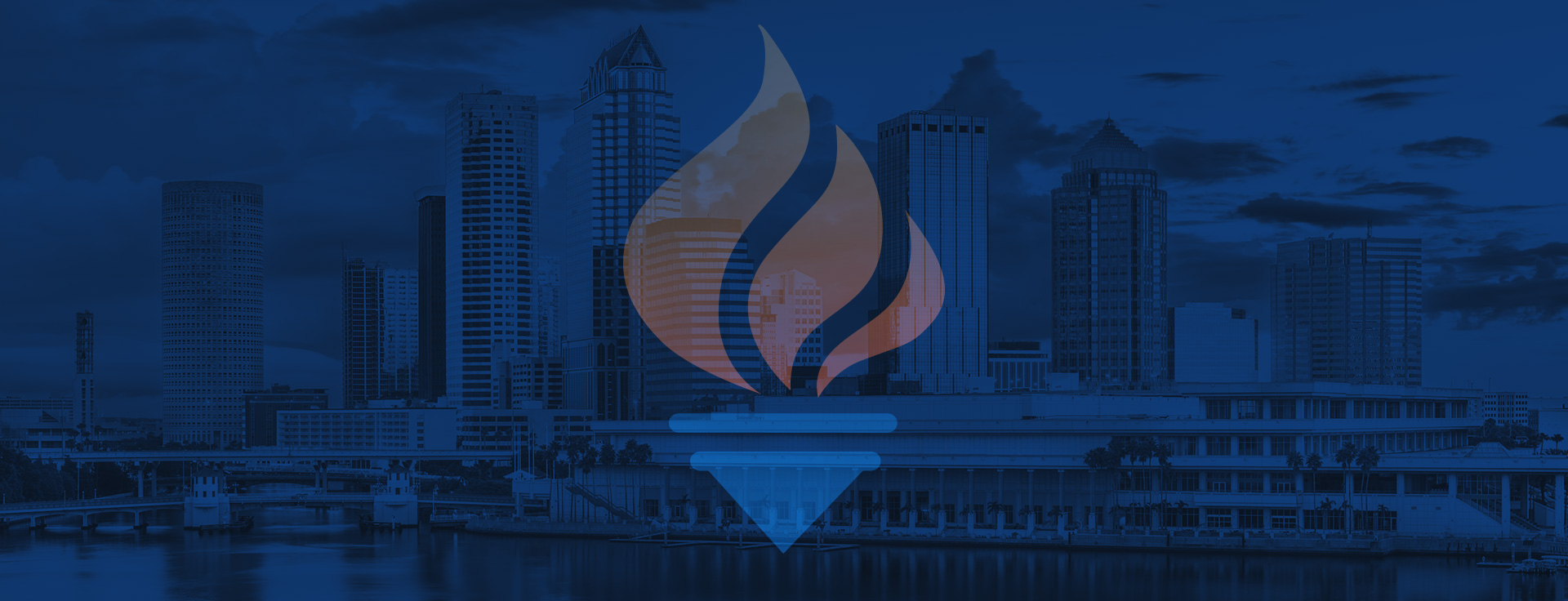
We treat you like family.
If you can’t come to us, we’ll come to you.
Representing Accident Victims in Tampa Bay since 1955
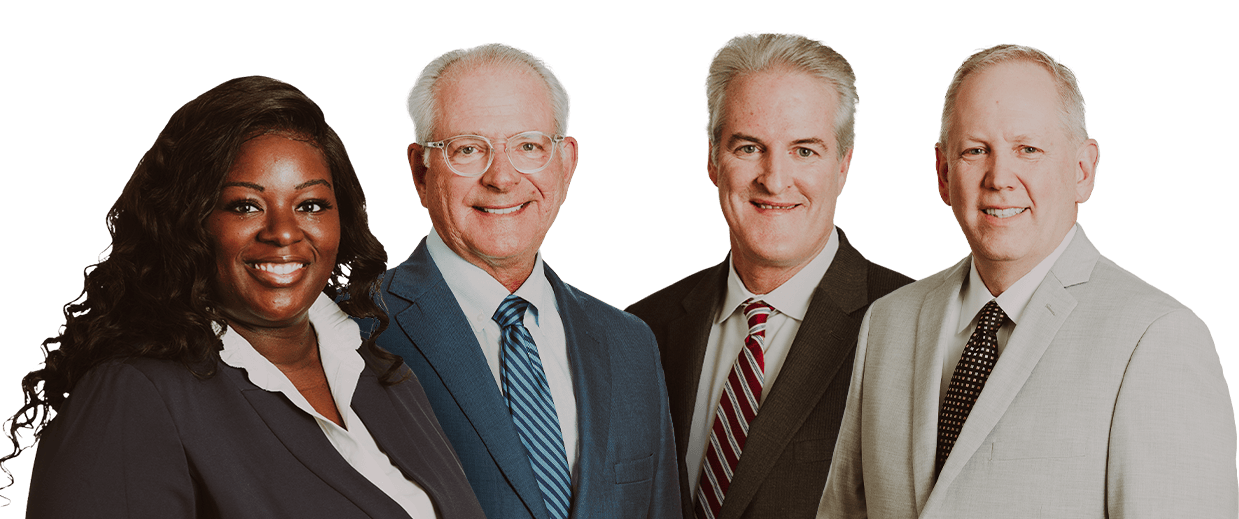


-
“Friendly knowledgeable and kept me informed about my case. Any offer, bill or question was readily answered. Would definitely recommend and refer people to Bryan Caulfield and his team!!”- Betty B.
-
“Mrs Bryant works her butt off to make sure you get what is do to you in medical and beyond! They won’t take your case if they don’t feel you haven’t been wronged.”- Christine R.
-
“Working with Mark Perenich on my auto injury case was an absolute game-changer. From the very beginning, he brought a level of professionalism, expertise, and care that immediately put us at ease.”- Kerry B.
-
“Lorrie and Allyson are phenomenal. I highly recommend them to anyone. It seemed like a never ending journey but I can’t thank them enough for diligently fighting my case with the greatest integrity, support and prayers.”- Former Client
-
“From the first day we met this law group I felt very comfortable and knew we would be well taken care of. This was our first experience filing for SSD, and was not disappointed. The lawyers are awesome and very professional.”- Shari J.
-
“Very nice they worked with you. Never ignored me with my case. Always on top to work with you. Thank you so much for all that you have done to help me! Very highly recommend.”- Margarita O.
-
“My appointed attorney was Jacqueline, Bryant. She is very compassionate about her client and work. When it comes to negotiation, she's a Beast and she gets the job done.”- Alaina J.
-
“What was particularly awe inspiring was the recall of facts and testimonies from medical personnel that Para Legal Ms. Josephine Elizabeth Angelo was able to make. Her memory and acumen for detail was admirable.”- Maylisa Y.
-
“Wonderful, impeccable, personalized, authentic, truthful, honest experience. Rare, real, and human firm.”- Sheryl G.
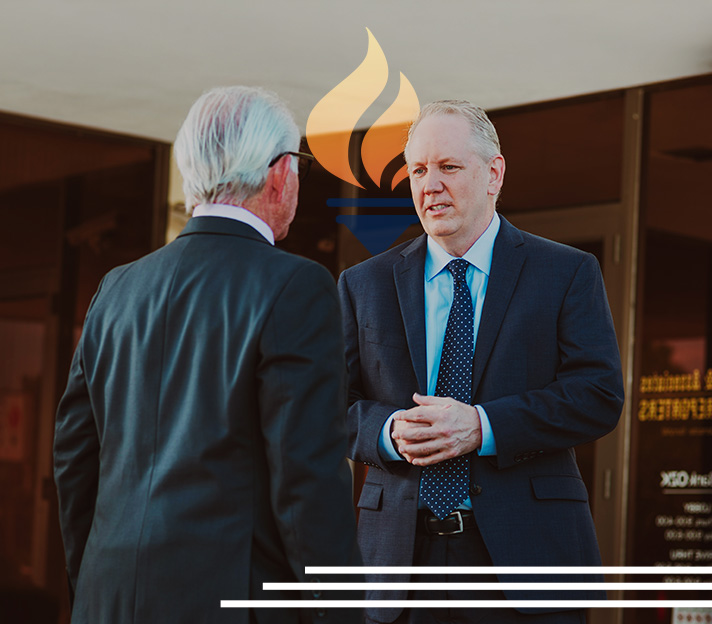

We’ve been proudly serving Clearwater, St. Petersburg, and the Tampa Bay area for generations. As the first personal injury law firm in Clearwater, our dedicated legal team brings over 300 years of combined experience to each and every case. If you’ve been injured and need support, please reach outtoday for a free consultation, we are here to help you.
